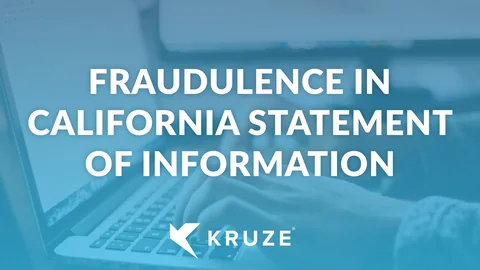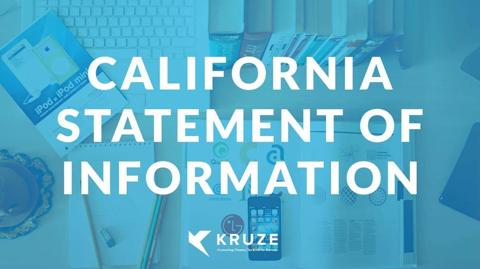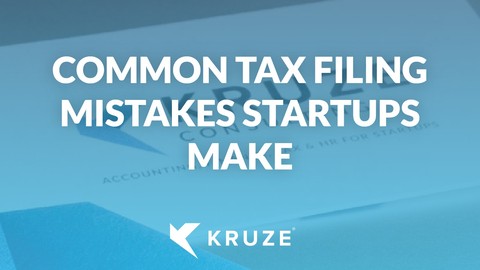
The latest scam targeting startups is fraudulent (or misleading) California Statement of Information requests.
Some founders are receiving what looks like official-looking requests for a Statement of Information filing for the state of California that asks them to pay between $125 to $250.
Once you pay the scammers, unfortunately, it will make you an easy mark for future scams. So be extra careful with these types of requests.
What is a California Statement of Information?
A California Statement of Information is a very simple filing you must do every year in order to ensure the state has your name, your company’s name, the correct address, and an updated list of officers.
This ensures the state has the right information when they need to send you tax documents or need to reach out to you.
While there is no official due date for these filings, you will receive a white postcard in the mail from the state, which will list a specific due date.
It’s important you pay attention and file this statement of information. It’s also very cheap at $25.
Here is what a California Statement of Information actually looks like:

Beware of mail scammers
Of course, the scammers have picked up on this filing requirement and they’re now using the California Statement of Information for mail fraud. These fraudulent solicitation letters look fairly official. They ask the business owner to submit the fee and official documents to a third party instead of the California Secretary of State’s office.
An uptick in the scam has even led the Secretary of State’s Office to issue a warning to business owners.
“These solicitations are not being made by the California Secretary of State’s office and are not being made by or on behalf of any governmental entity. Although a business entity can use an intermediary to submit filings and fees to our office, no business is required to go through another company in order to file its documents with the Secretary of State’s office.”
They warn that the letters will have the following characteristics:
- Appear similar to a Secretary of State Statement of Information form
- Contain an official–looking seal
- Quote a specific statute or other law on the form to be filled out and returned
- Imply that failing to return the form and pay the requested fee may place the entity in legal jeopardy, or might cause the entity’s filings with the California Secretary of State to be in default or noncompliant status
- Contain a reference to a “file number,” “Corp Number,” “Corporation Number,” or “Control Number” that does not match the number assigned to the entity by the California Secretary of State
- Reference or quote Corporations Code sections inapplicable to the type of entity being solicited, such as Code sections applicable to corporations when soliciting a limited liability company
- Reference an “annual fee” or “annual payment” rather than a filing fee and that is in excess of the filing fee for a Statement of Information
- Provide an estimated processing time for “minutes” to be prepared and mailed to the entity
- Indicate the submitted information will be treated as private and confidential
The letters will look official and attempt to elicit fear by including a threatening cover letter.
How to file a California Statement of Information
The majority of the time, the statement of information filing is done electronically via the state of California’s portal web portal: bizfileOnline.sos.ca.gov.
The filing is very simple to navigate.
So if you receive an aggressive letter in the mail regarding the filing, that should be your first red flag.
Today, most filings and fees are handled online through a secure web portal, not through the mail.
If you are suspicious of a letter you receive regarding the California Statement of Information, the safest thing to do is to reach out to your CPA. They are qualified to read the document and let you know whether it’s legitimate or not.
This is why it’s helpful to work with a CPA who is familiar with the tax regulations and filings in the state of California.
If you have any questions on startup taxes, filing deadlines, or the California Statement of Information, please contact us.















